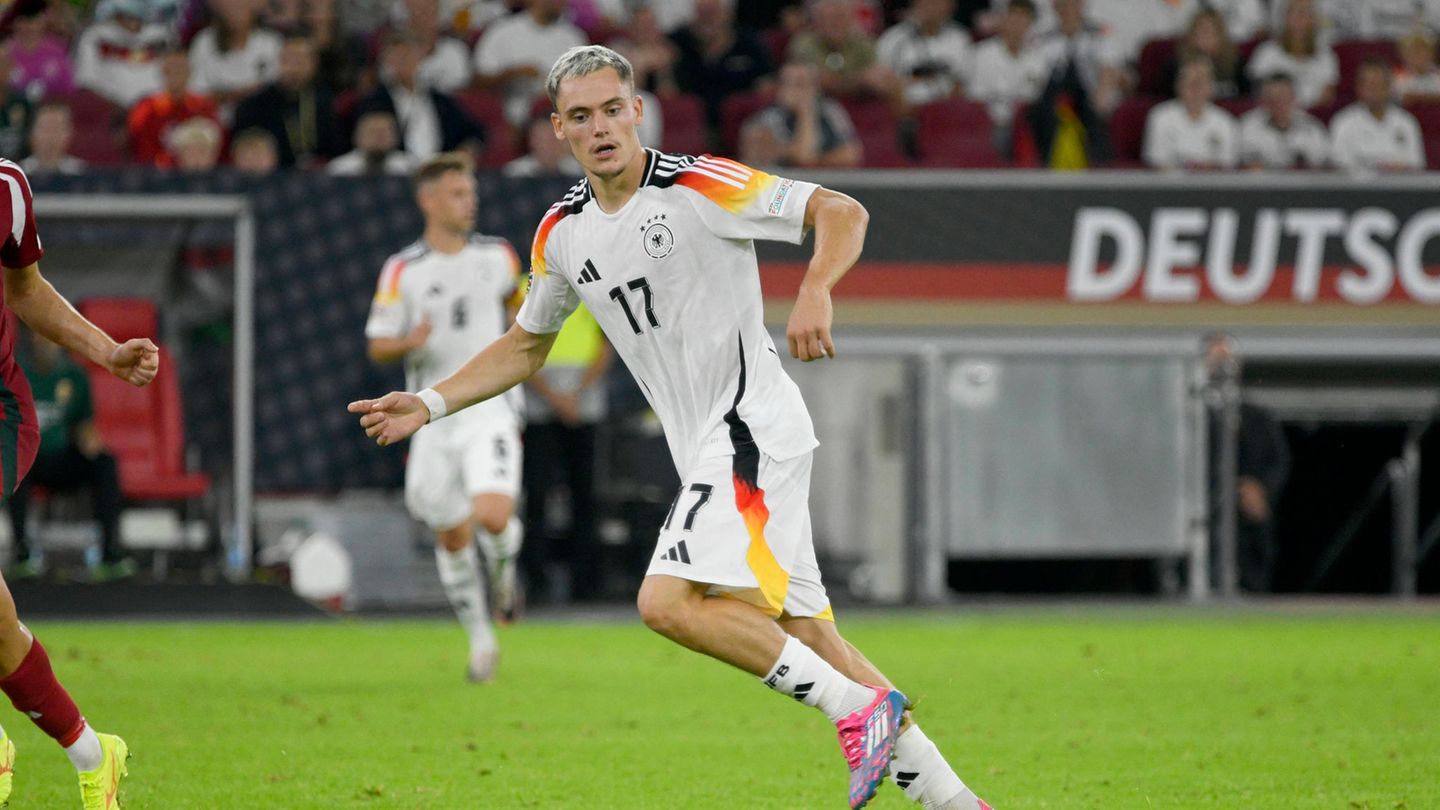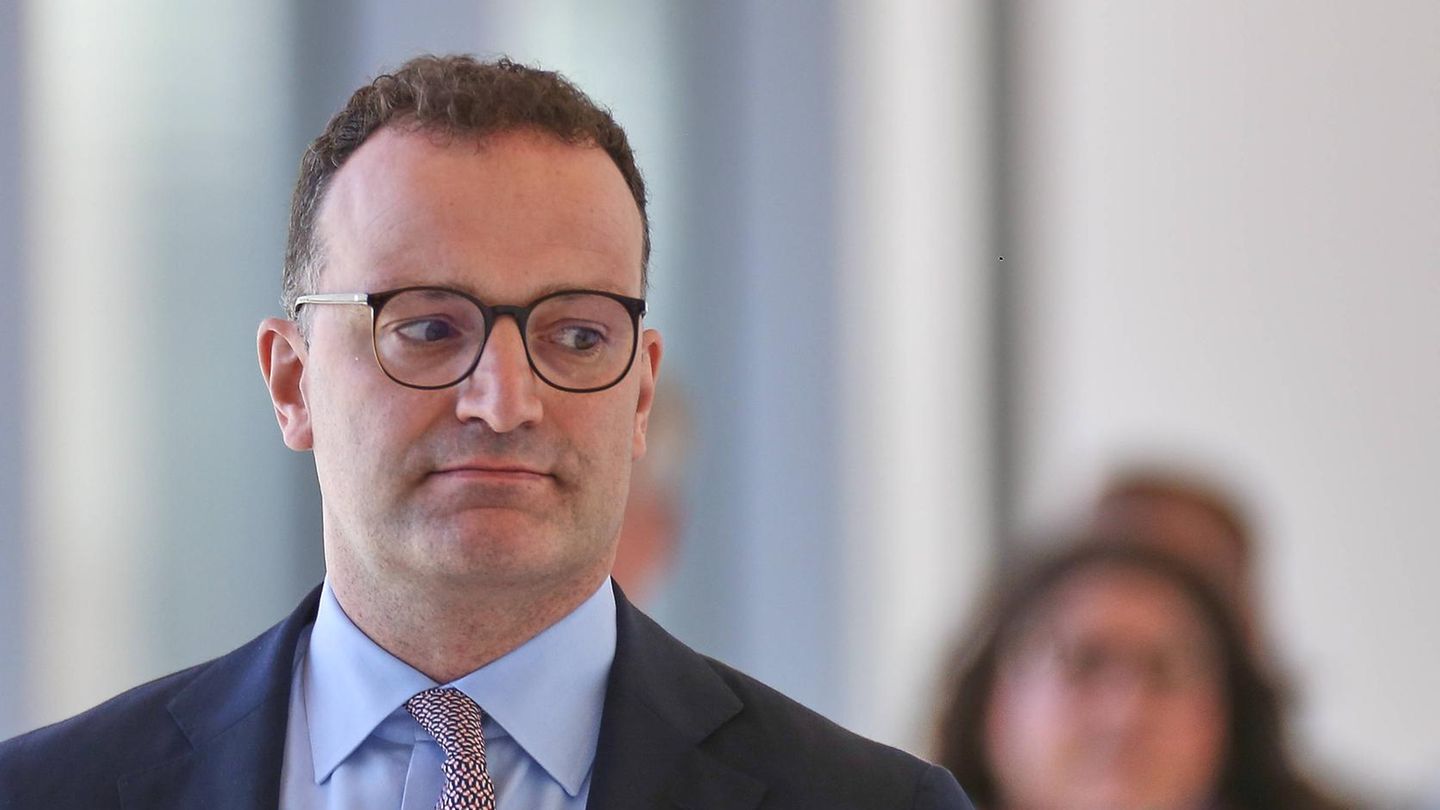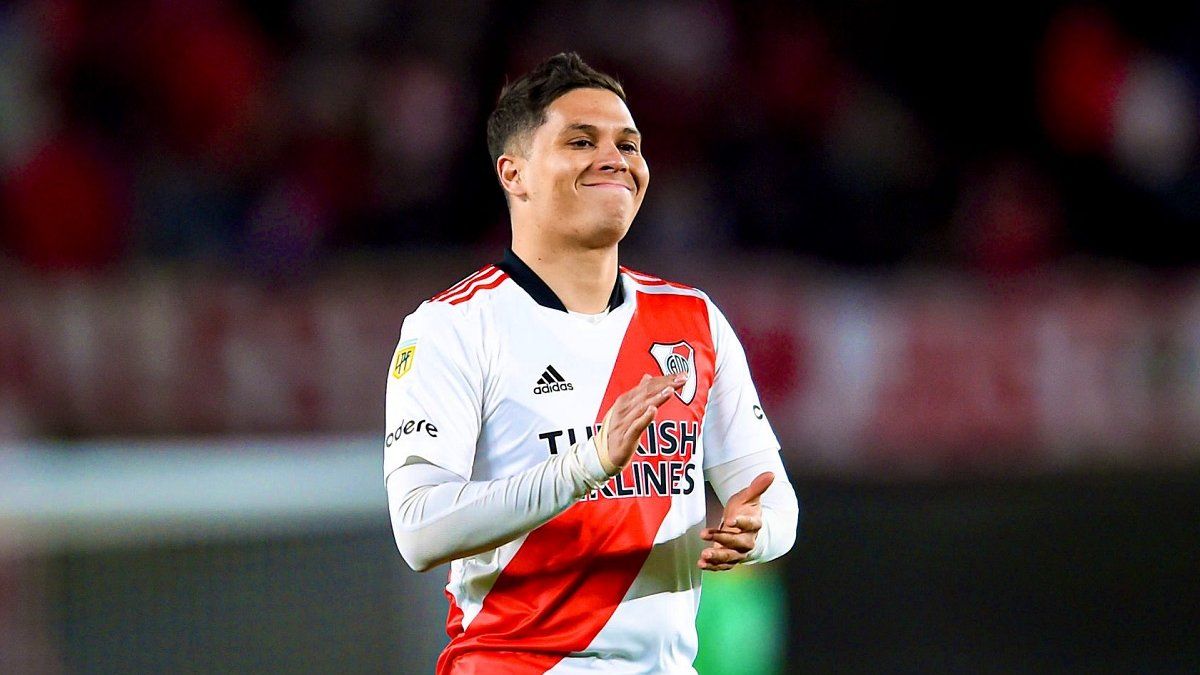Failed in the quarter-finals? Back in the Nations League, Julian Nagelsmann still cannot accept that and lets the finest tournament football be played in the 5-0 win against Hungary.
Anyone who saw Julian Nagelsmann in Herzogenaurach last week could sense that he was not yet done with the European Championship. It just couldn’t happen: the 1:2 defeat against Spain in injury time, 119th minute, Mikel Merino’s header into the top left corner. And then the shocked silence in the Stuttgart-Bad Cannstatt stadium. Horrible.
No, such a sudden death was unacceptable, and so the national coach called his team together again in September at the home ground, in this apartment village in Middle Franconia that had served as a base camp during the tournament. Nagelsmann wanted to continue where he had been forced to stop in mid-July. If nothing could be done about the Spain game afterwards, then at least the spirit of Herzogenaurach should be brought to life. The togetherness that had carried the Germans to the quarter-finals.
Performance by the artist duo Musiala and Wirtz
A bold plan, a little esoteric in its approach, but it works, as we know since Saturday evening. In the 5-0 Nations League match against Hungary, the German national team played as if the European Championship had never ended. It was an exhilarating victory, a fairly faithful replica of the 5-1 triumph over Scotland in the opening match of the European Championship.
Even the heroes were the same. In June, the two magicians Jamal Musiala and Florian Wirtz performed together for the first time in Munich, which earned them the terrible name “Wusiala” that same evening. In Düsseldorf, too, they did tricks and flicks again; the ball obeyed them like a trained puppy. It was wonderful to watch, and the audience gladly accepted the invitation to take a journey back in time to the blissful times of the European Championships.
Düsseldorf drank, sang and swayed as if the Germans had finally won a title.
Dimming the euphoria at the Nations League? Hopeless
Julian Nagelsmann may have been a little suspicious of the ecstasy in the carnival city, but he began his statement after the game with criticism: The first ten minutes were too slack, too many careless mistakes, not enough made of the chances. It sounded like the wrong text for the glossy images his team had produced against Hungary.
Nagelsmann’s attempt to calm the mood down a little was in vain. In the press conference, he was actually asked whether Germany was now one of the favorites for the 2026 World Cup. Nagelsmann is far too polite a person to answer something like this: Calm down, folks, it was only Hungary that we beat – not Spain, Brazil or Argentina.
Such a sentence is of course forbidden; it would have insulted the opponent; you can say something like that behind the wooden fence in the home ground, but not into the open microphone.
Hungary was not an equal opponent
Nevertheless, this classification would have been appropriate. Hungary, which had already disappointed at the European Championships (where it lost 2-0 to Germany, among other things), was not an equal opponent on Saturday evening. In the second half, when the Germans took control of the game, some of the Hungarians’ defensive actions had something slapstick about them. Coach Marco Rossi’s players even seemed too slow to commit fouls, and some of their tackles against Musila, Havertz and Wirtz ended up nowhere. They received a single warning (yellow against Loic Nego); they were too tired to fight any further.
Even though the opponent was weak, the game still provided an important insight: the national team now knows that it can still perform without the old players.
Manuel Neuer, 38, Toni Kroos, 34, Thomas Müller, 34, and İlkay Gündoğan, 33, retired after the European Championship. Kroos and Gündoğan had played a strong European Championship – especially Kroos in position six in front of the defense. Almost every attack was initiated by him, and up front, behind the strikers, Gündoğan took over the organization.
Against Hungary, these tasks were carried out through job sharing. Pascal Groß, Kroos’ successor, distributed the balls in defensive midfield with great calm and was always relieved by the central defenders Jonathan Tah and Nico Schlotterbeck.
Confusion in the offensive
The Germans created a real game of confusion in the offensive. Who was the number ten, the playmaker? It’s hard to say. Sometimes Wirtz, sometimes Havertz, sometimes Musiala, sometimes the far-advanced Groß. It changed almost every minute – much to the annoyance of the Hungarians, who had no idea what was going on.
The offensive game was a small masterpiece, considering that Nagelsmann only had four days of training in Herzogenaurach to rehearse it.
It will soon become clear how fragile this delicate game is. On Tuesday, the DFB team will play against the Netherlands in Amsterdam, one of the best teams on the continent. And one that is similar to the Germans in its chameleon-like nature. Nagelsmann had already observed the Dutch during the European Championship and noticed that they, too, constantly change their basic formation in the game.
Two teams, one game plan and only one training session left for the Germans. Perhaps the spirit of Herzogenaurach will have to help in Amsterdam.
Source: Stern
I am Pierce Boyd, a driven and ambitious professional working in the news industry. I have been writing for 24 Hours Worlds for over five years, specializing in sports section coverage. During my tenure at the publication, I have built an impressive portfolio of articles that has earned me a reputation as an experienced journalist and content creator.




